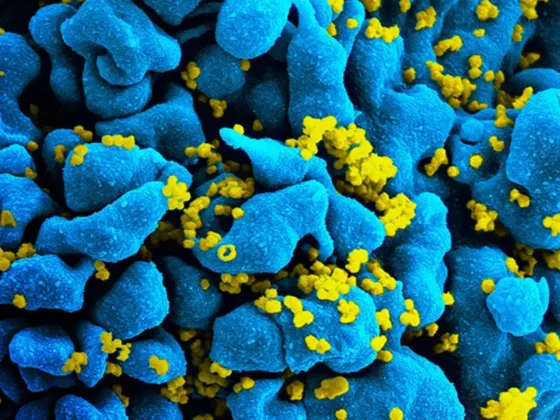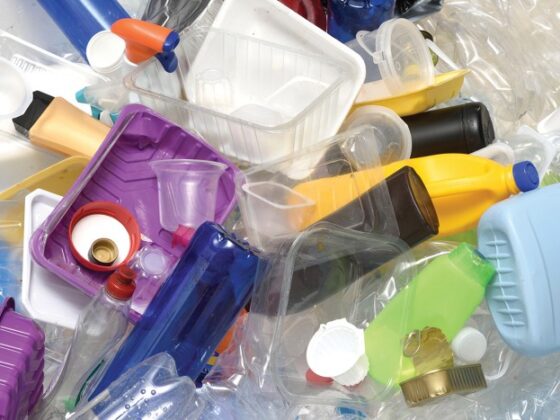The last Sunday of January of every year is celebrated as World Leprosy Day (WLD) to raise awareness about the disease and call for an end to the discrimination and stigma related to it. According to the World Health Organisation (WHO), Leprosy is a long-lasting infectious disease that is caused by a bacillus, Mycobacterium leprae that multiplies slowly. The development period of the disease is 5 years on an average and the symptoms may occur within a year but it can also take as long as 20 years or even more.
Every year, on Mahatama Gandhi Ji’s martyrdom day that is celebrated on 30th January, Anti Leprosy Day is observed in India, since he was deeply dedicated to the cause. As the fight against leprosy still on, prior this month, the global health body learnt that leprosy is likely transmitted through droplets, from the nose and mouth, during close and frequent contact with untreated patients. It said that it can cause advanced and permanent damage to the skin, nerves, limbs, and eyes if the leprosy is untreated.
According to the WHO, in 2020 about 1,27,500 new leprosy cases were reported from 139 countries, the above-mentioned data includes around 8,620 children below 15 years.
Pointing to the disturbance caused by the coronavirus pandemic, the WHO said, “The COVID 19 pandemic has disrupted programme implementation and a reduction in new case detection by 37% in 2020 compared with 2019.” Along with the WHO the UN health body too aims at eradicating leprosy and by this, the agency means the interruption of transmission.
On World Leprosy Day, the Union Health Ministry said, “Leprosy is completely curable. Early detection of leprosy symptoms can help timely treatment and prevent disability. Show your support in ending Discrimination, Stigma and Prejudice around leprosy. #SwasthaBharat”
#Leprosy is completely curable. Early detection of leprosy symptoms can help timely treatment and prevent disability. Show your support in ending Discrimination, Stigma and Prejudice around leprosy. #SwasthaBharat pic.twitter.com/XOCvihZsFc
— Ministry of Health (@MoHFW_INDIA) January 30, 2022
The agency aims “zero leprosy: zero infection and disease, zero disability, zero stigma and discrimination” in its long-term vision.
In the official statement, the WHO has also mentioned the global targets for 2030 that include a “70% reduction in the annual number of new cases detected” along with “120 countries with zero new autochthonous cases.”
This year WHO is organising the “United for Dignity” campaign to honor the dignity of people who have experienced leprosy.









